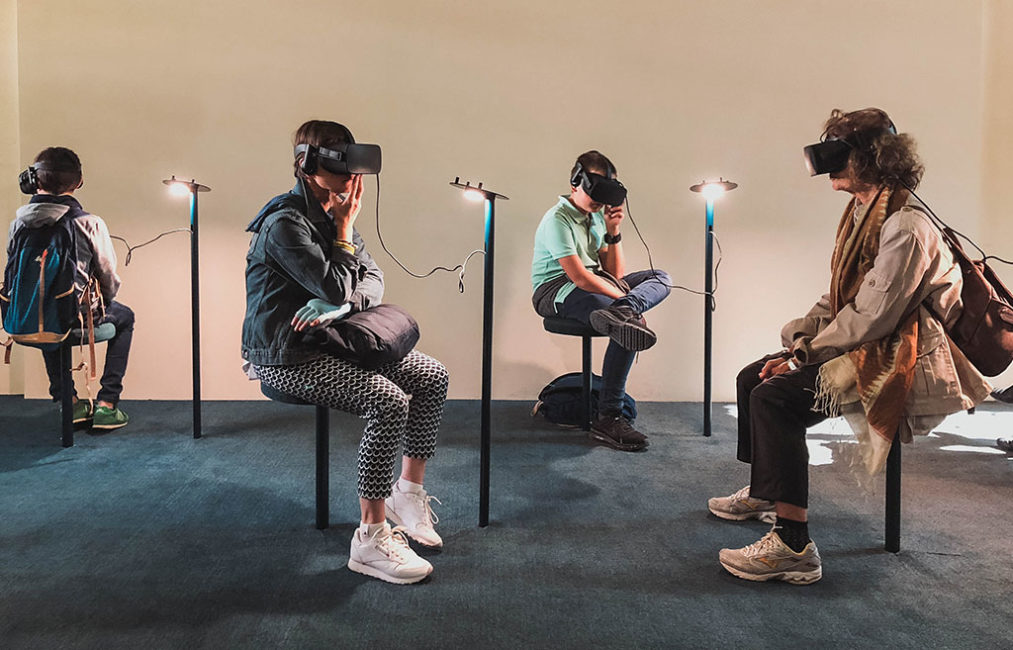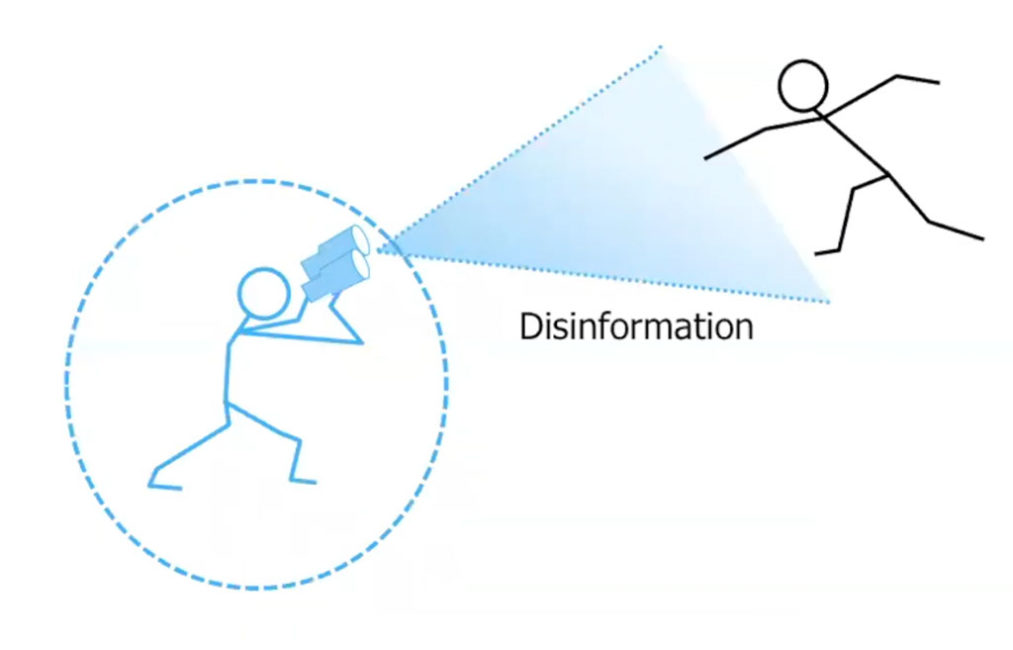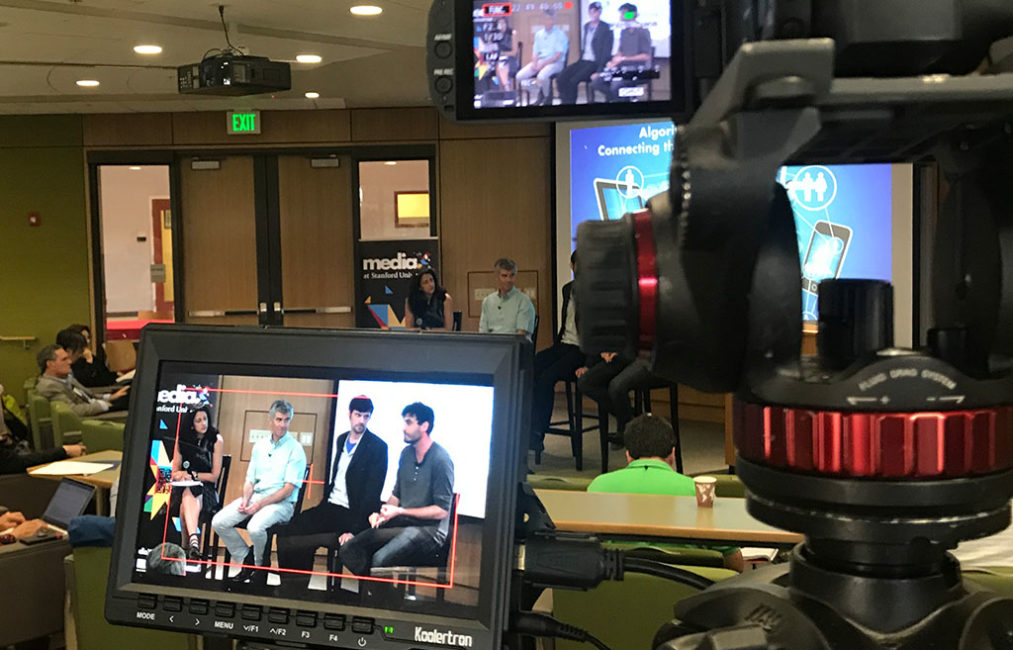The Many Futures of Virtual Learning Environments
Aditya Vishwanath is a Ph.D. candidate in Learning Sciences and Technology Design and a Knight-Hennessy scholar at Stanford University. His research takes a human-centered approach towards developing immersive learning experiences, leveraging emerging technologies. Previously, he worked with the Google Education team where he studied how low-cost virtual reality toolkits could be integrated into the school […]

Immersion for Learning
What are the human requirements for learning in immersive environments?

A Wicked Problem About Thinking: Cognitive Security
Cognitive Security is concerned with protection against malicious online and offline influence at scales ranging from individuals to nation states, and is foundational to national security inclusive of the public and private sectors. Brian Pierce addresses this critical issue.
A Wicked Problem About Thinking: Cognitive Security
May 5, 2020
Cognitive Security is concerned with protection against malicious online and offline influence at scales ranging from individuals to nation states, and is foundational to national security inclusive of the public and private sectors. From the mediaX webinar series “Thinking Tools for Wicked Problems”, Brian Pierce will address this critical issue.

A New Playbook for Corporate Resilience
Diving into Purpose-built Innovation, mediaX Distinguished Visiting Scholar Ajay Madhok explores this strategy that empowers large corporations to seize growth opportunities using the same playbook as startups.

A New Lens Opens on the Impacts and Promises of Digital Media
mediaX Faculty Advisor Emeritus Byron Reeves leads a study that captures millions of screenshots in hopes of transforming our understanding of everything from fake news to depression.

Watch Algorithms and Analytics: Connecting the Learner and the Learning Presentations
Relive the presentations as we examine which indicators of learning are most meaningful, which can be used ethically in algorithms for personalized learning and for learning at scale, and how data can be tagged for open exchange.
Intelligent Agents, the Knowledge Graph and Open Data for Learning
Mark Musen is Professor of Biomedical Informatics at Stanford University, where he is Director of the Stanford Center for Biomedical Informatics Research. Dr. Musen conducts research related to intelligent systems, reusable ontologies, metadata for publication of scientific data sets, and biomedical decision support. His group developed Protégé, the world’s most widely used technology for building […]
Processed-based Assessments: Analyzing Critical Thinking, Decision Making, Collaboration
Janine Zacharia was Jerusalem Bureau Chief and Middle East Correspondent for the Washington Post from December 2009 through April 2011. During her time at the Washington Post, she reported widely throughout the Middle East beyond Israel, the West Bank and Gaza Strip, including assignments in Egypt, Jordan, Lebanon, Iraq, Bahrain, Saudi Arabia, the UAE and […]